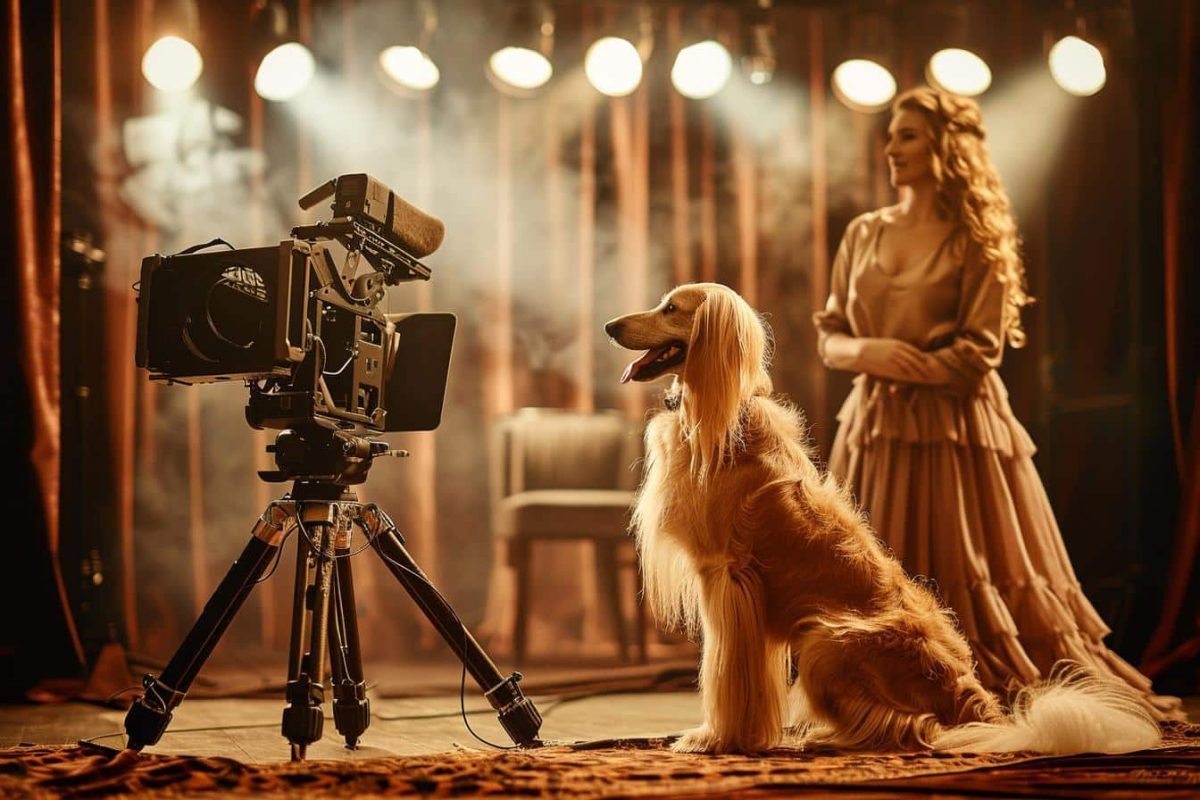
Check out our latest products
Shutterstock
Before CGI critters and pixel-perfect animation, real dogs lit the silver screen with star power. These canine icons didn’t just hit their marks—they stole scenes, hearts, and sometimes the lead’s thunder. From dashing collies to posh poodles, these breeds played loyal sidekicks, comic relief, and dramatic heroes alongside Hollywood royalty. Whether riding shotgun or delivering emotional moments on cue, they weren’t background extras—they were bonafide stars. With loyalty, charm, and natural screen presence, these dogs earned their Hollywood stripes—and our lifelong admiration.
Rough Collie
Shutterstock
Few breeds became more iconic in classic Hollywood than the Rough Collie, thanks largely to one superstar pup: Lassie. Sharing the screen with stars like Elizabeth Taylor in Lassie Come Home, the Rough Collie wasn’t just acting but delivering dramatic performances worthy of an Oscar. This breed symbolized loyalty and courage, rescuing characters from wells, fires, and emotional despair with nothing but a perfectly windblown mane. Their grace and expressive eyes made them natural film stars, and they often became more beloved than their human co-stars. People didn’t cry for the kid—they cried for Lassie.
Wire Fox Terrier
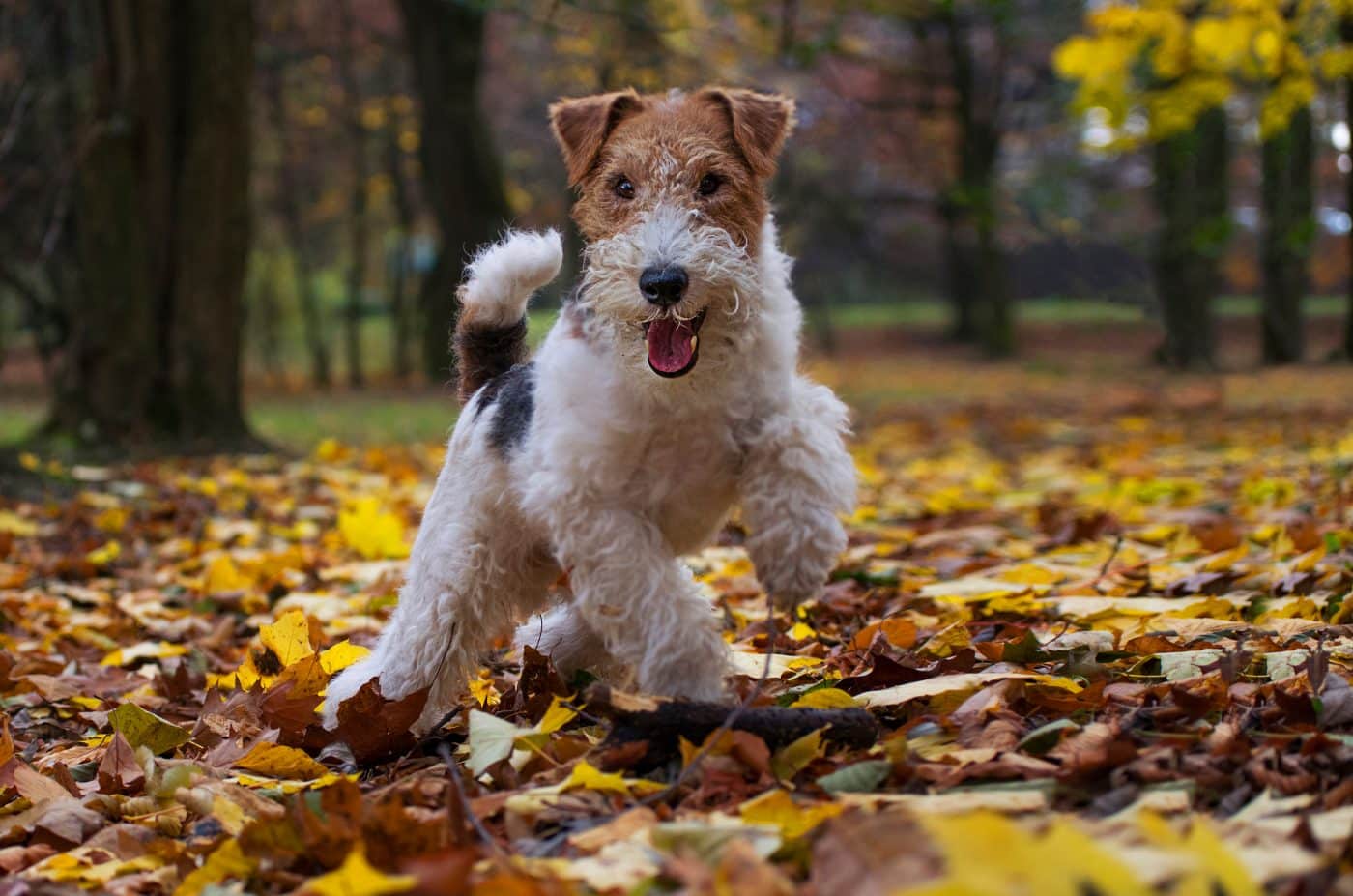
Shutterstock
Dapper and clever, the Wire Fox Terrier strutted into Hollywood fame beside William Powell and Myrna Loy in The Thin Man series. Asta, the mischievous pup with perfect comedic timing, practically wrote the book on canine sidekicks in detective films. While Nick and Nora Charles were solving crimes and sipping cocktails, Asta stole scenes and found clues. His energetic presence balanced elegance with chaos in the most delightful way. If you ever needed a dog to out-act a leading man while also knocking over a vase mid-chase, the Wire Fox Terrier was the one.
Poodle
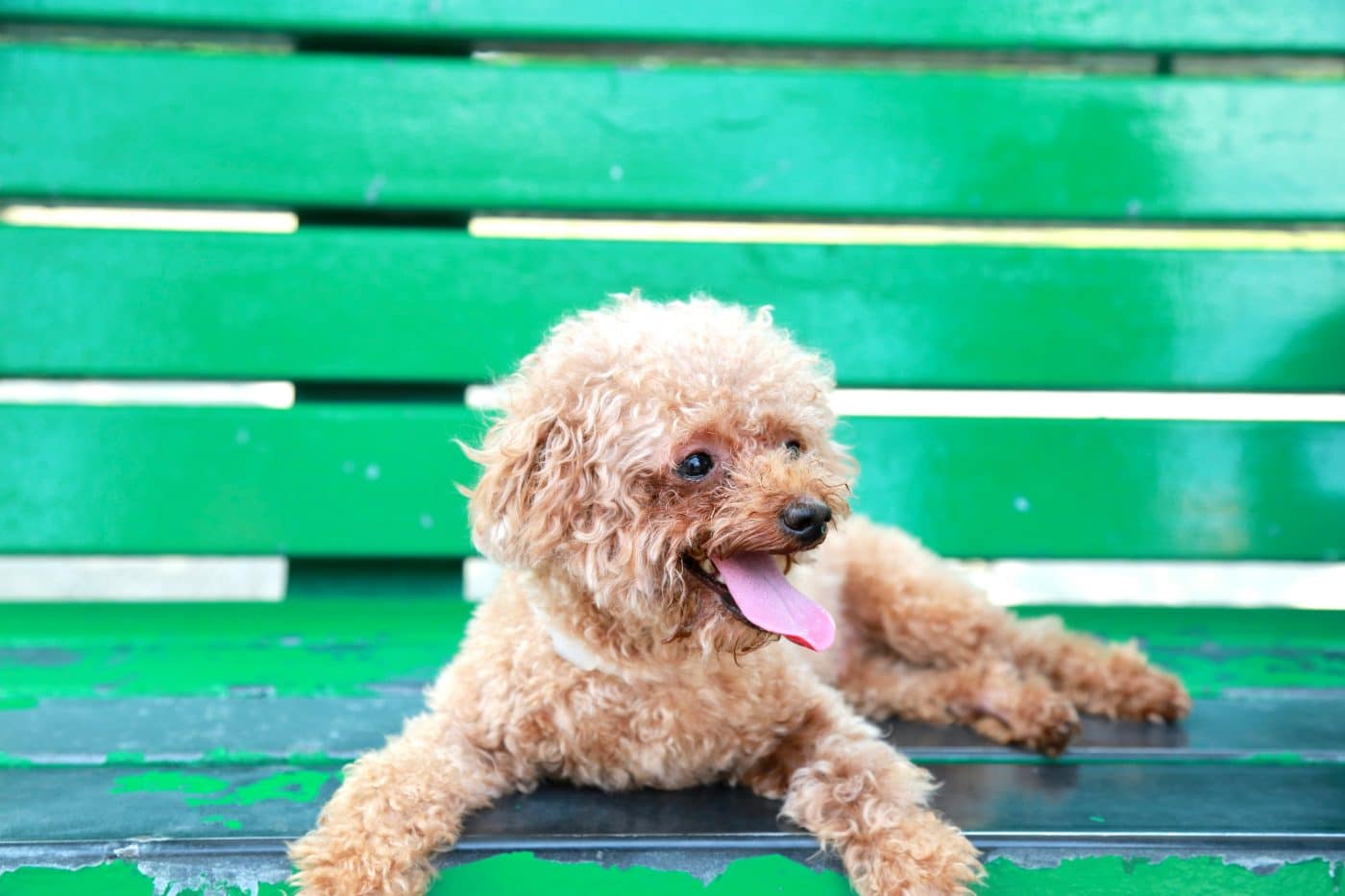
Shutterstock
Poodles didn’t just share screen time—they owned it with elegance. Whether appearing in glamorous comedies or trotting beside fashion-forward stars like Audrey Hepburn and Lucille Ball, the Poodle became a staple of stylish storytelling. With their iconic grooming and show-stopping presence, they added a flair of sophistication, often typecast as the “spoiled but loveable” pet of a socialite. But don’t let the bows fool you—Poodles were also smart, trainable, and occasionally upstaged entire cast ensembles. They were the living feather boa of the Golden Age set.
Cocker Spaniel
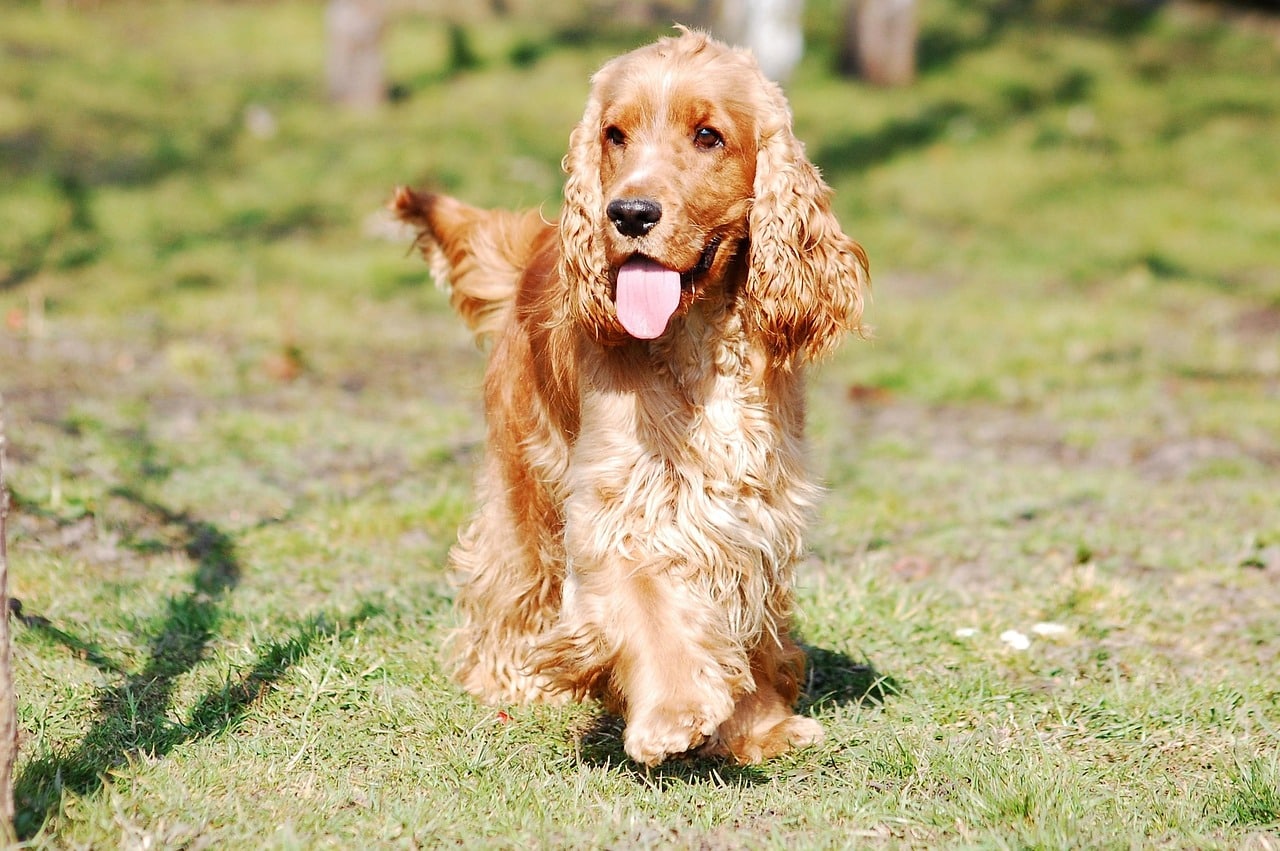
Shutterstock
The Cocker Spaniel was the dog of choice for relatable, family-friendly charm, starring famously in Lady and the Tramp, which may be animated. Still, the breed’s popularity soared with audiences who associated it with warmth, class, and candlelit spaghetti. Offscreen, the breed was often seen with stars like Grace Kelly, who reportedly adored her Cocker Spaniels. Their floppy ears and big brown eyes made them the go-to breed for soft-hearted roles in romantic dramas and domestic comedies. No wonder directors loved them—they brought instant emotional appeal and snuck away with the audience’s hearts.
Dachshund

Shutterstock
These little sausages of sass had a strong backstage presence and occasionally appeared in scenes with comedic legends like Joan Crawford and Clark Gable. Dachshunds brought personality to the screen without even trying—they didn’t run so much as prance, and their stubborn expressions added punchlines to countless comedic situations. Their lowrider build and expressive faces were ideal for quirky cameos and scene-stealing reactions. You could be watching a romantic kiss unfold, but if a Dachshund wandered through the background? Your eyes followed the wiener.
Great Dane
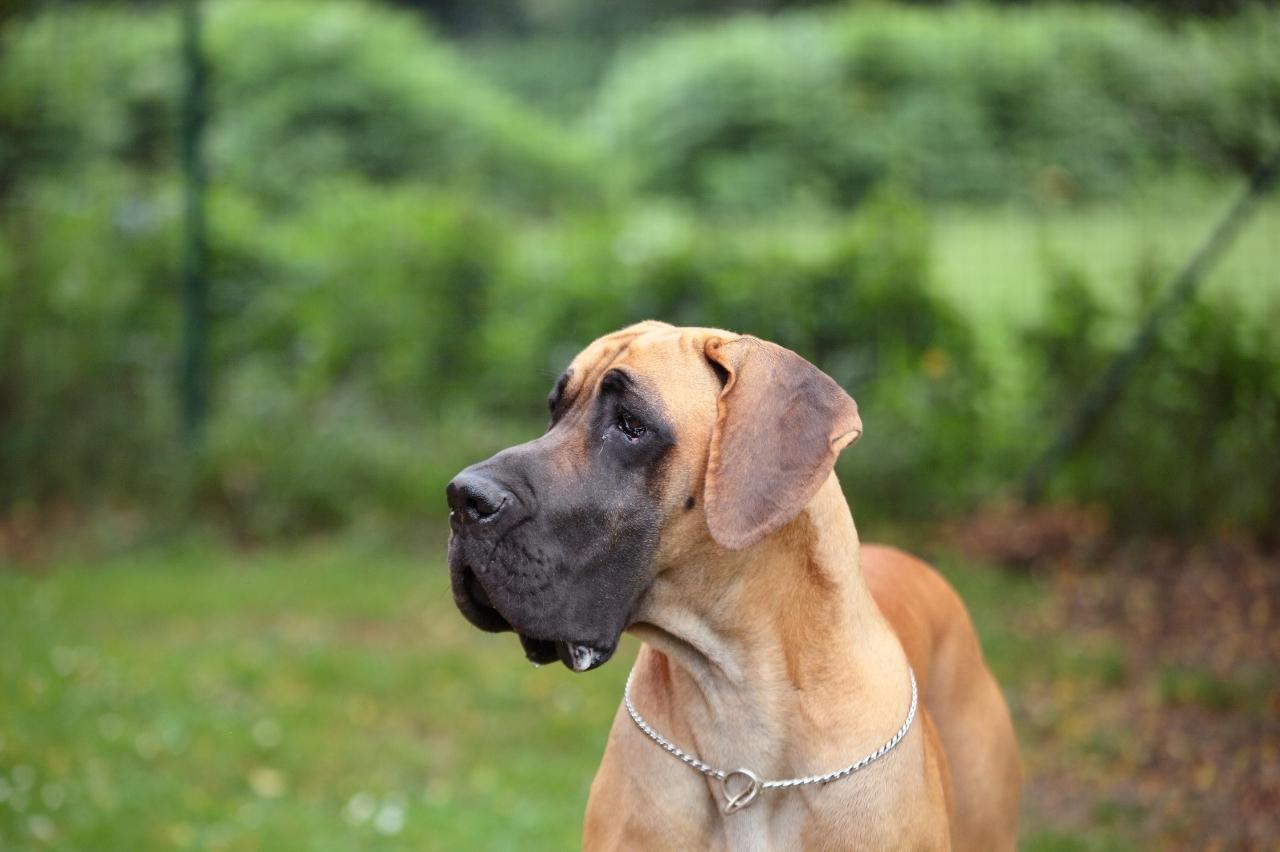
Shutterstock
Great Danes loomed large beside celebrities like Cary Grant in Bringing Up Baby, where the dog’s size and clumsy grace added to the film’s classic screwball comedy chaos. These gentle giants had a comedic timing, often used to add physical contrast and slapstick to an otherwise buttoned-up storyline. Their majestic size made them natural focal points, even in scenes with legends like Katharine Hepburn. Great Danes didn’t need many lines—or barks—to get a laugh. Walking into a room was enough to get an “aww” or a chuckle.
Boston Terrier
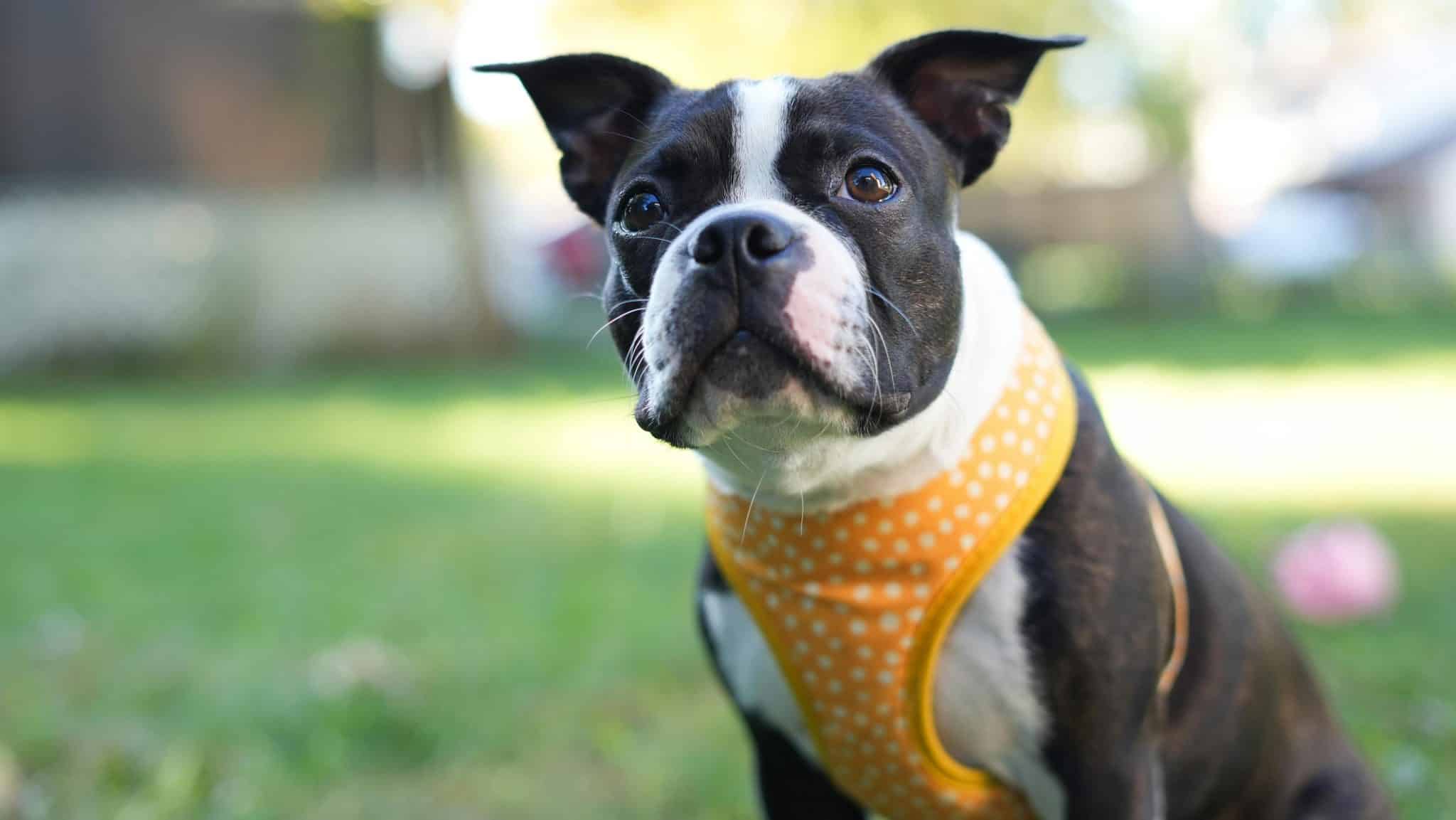
Shutterstock
With its tuxedo-like markings, the Boston Terrier made multiple appearances alongside comedy royalty like Bette Davis and Jean Harlow. Known for their expressive eyes and spunky attitude, these dogs often played the sassy sidekick or the loyal lap dog with more attitude than their size should allow. Boston Terriers added zip to romantic comedies and charm to family flicks. They were the kind of dog that could sit still while chaos erupted around them—and still be the most watchable character in the frame.
German Shepherd

Shutterstock
Long before German Shepherds became known as action heroes, they were starring in dramatic and adventurous films during Hollywood’s heyday. Rin Tin Tin was one of the earliest canine superstars, earning fan mail and outdrawing human actors at the box office. German Shepherds offered a mix of strength, intelligence, and heroism, often playing military dogs, loyal companions, or noble rescuers. Their intense expressions and impressive training made them versatile stars across multiple genres. If the lead needed saving or the villain needed chasing, the Shepherd delivered.
Chihuahua

Shutterstock
Despite their petite stature, Chihuahuas had big personalities that often found their way into film scenes as pampered, over-the-top pets of rich or eccentric characters. Often carried in purses or tucked under arms, these little dogs were paired with flamboyant celebrities for maximum dramatic (or comedic) effect. Carmen Miranda reportedly adored hers, and their presence in movies often hinted at quirky opulence. They were always good for a snappy bark and a judgmental stare on-screen. Small dog, big diva energy.
English Bulldog

Shutterstock
Bulldogs shared the screen with stars like Humphrey Bogart and Laurel and Hardy, where their wrinkled, grumpy charm added a unique comedic flavor. Their stocky build and expressive underbite made them perfect for roles requiring a lovable curmudgeon. Bulldogs didn’t do stunts—they did slow waddles, comedic snorts, and the occasional stubborn sit-in-the-middle-of-the-road moment. They were the couch potato every busy screen idol wished they could be. A Bulldog on set meant at least one scene would include a perfectly timed snore.
Scottish Terrier
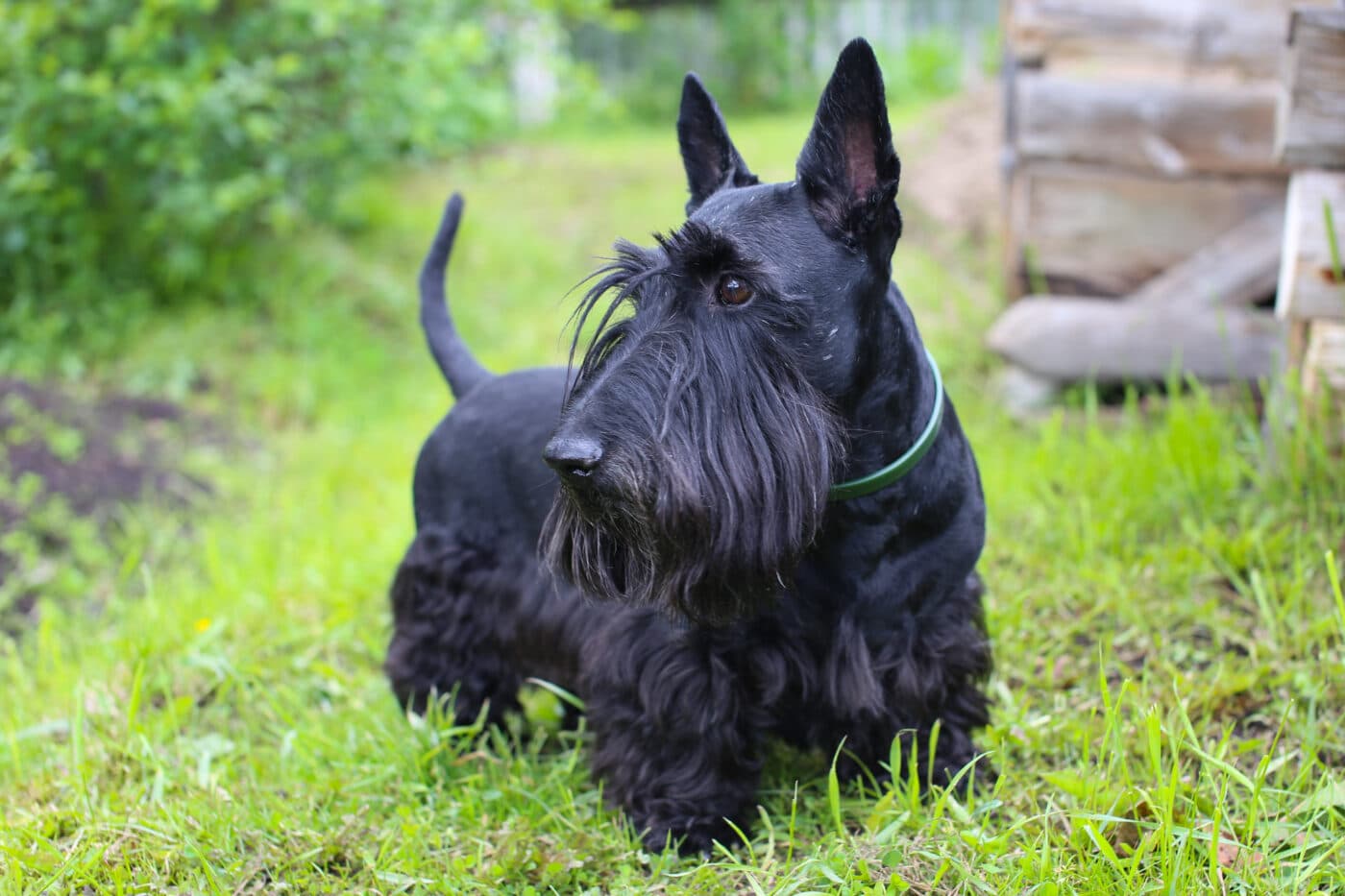
Shutterstock
Scottish Terriers were elegant and proud, often featured in films with stars like Shirley Temple and Franklin D. Roosevelt’s beloved “Fala.” Their dignified strut and alert ears added a sense of noble mischief, especially in high-society scenes or political dramas. These dogs could look like they were judging the entire script, which somehow made them even more endearing. Directors used them for contrast: tiny body, big opinions. If a Scottie trotted into the scene, you knew someone was about to get side-eyed.
Pekingese
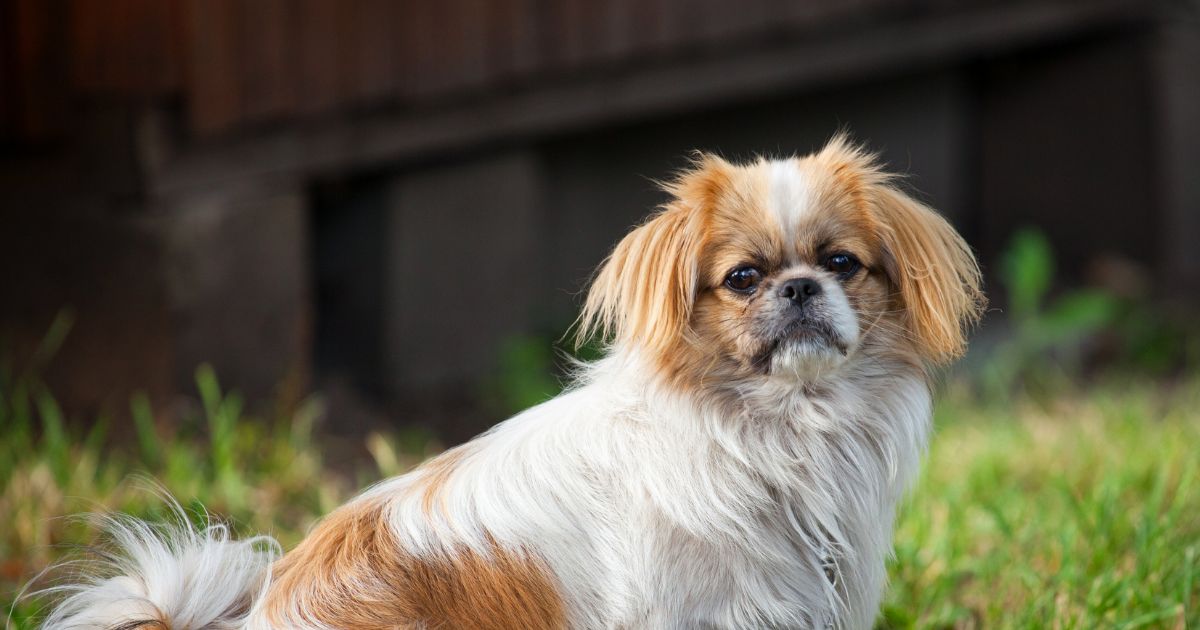
Shutterstock
With their lion-like coats and aristocratic demeanor, Pekingese were practically born to lounge on velvet cushions next to glamorous actresses like Greta Garbo. These dogs didn’t act—they allowed themselves to be admired. Their appearances were often short but memorable, adding a royal flair to scenes featuring high-society women or mysterious eccentrics. They were more prop than participants but made up for it in presence. A Pekingese didn’t just share the screen—they expected top billing and a personal fan.
Afghan Hound
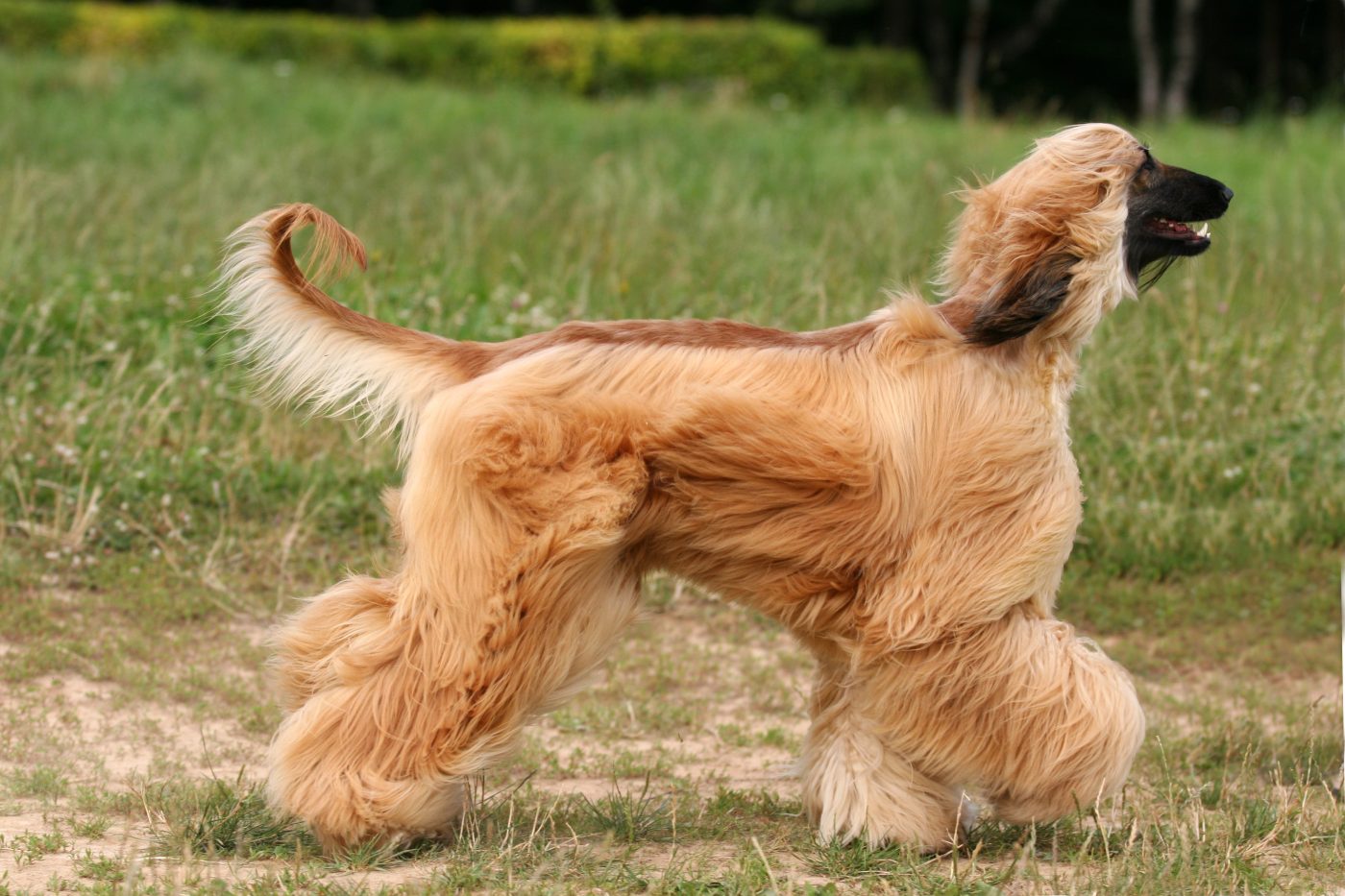
Shutterstock
Afghan Hounds were the supermodels of Golden Age cinema, flowing locks and all. They added exotic mystique and runway-level glam to any film scene, often seen draped beside movie stars in opulent living rooms or strolling through garden parties like they owned the estate. These dogs didn’t bark—they posed. Their dramatic appearance made them the perfect visual complement to old-school Hollywood glam. If a scene needed a dog that said “old money and great shampoo,” the Afghan was cast.
The Real Stars Were Covered in Fur

MidJourney
The Golden Age was filled with legendary humans—but let’s not pretend these pups didn’t steal the show. They weren’t just props or set dressing. They brought humor, heart, and an occasional bark at just the right moment. Whether dashing across a mansion set or lounging beside the biggest icons of the silver screen, these dogs proved one thing: the secret to classic Hollywood charm might’ve just been a wagging tail and some well-timed drool. Move over, Clark Gable—Fido had top billing too.















